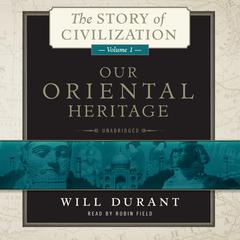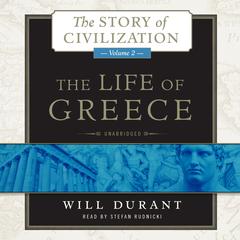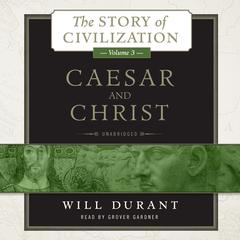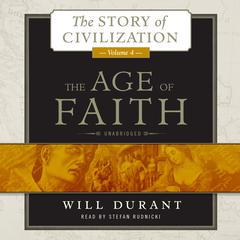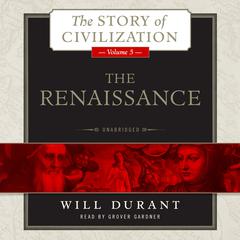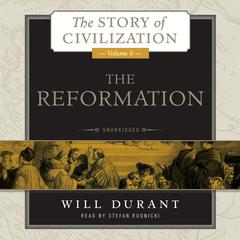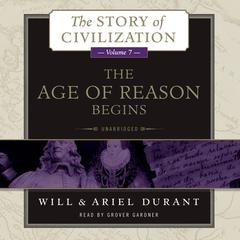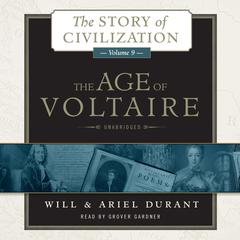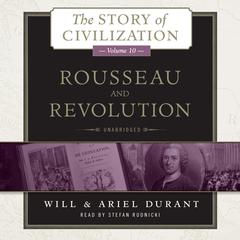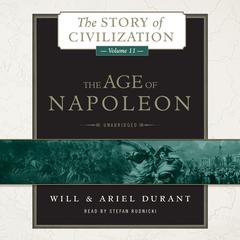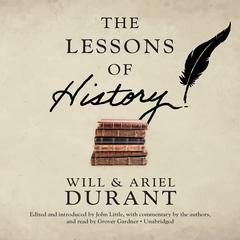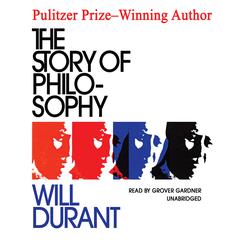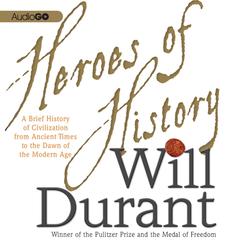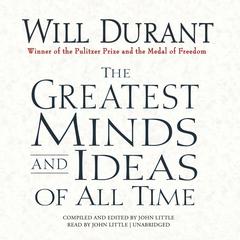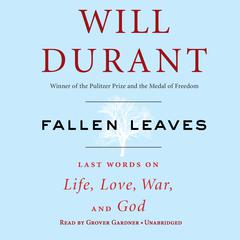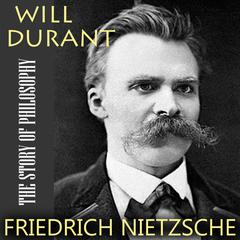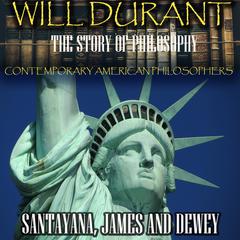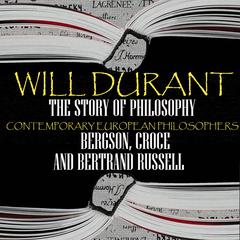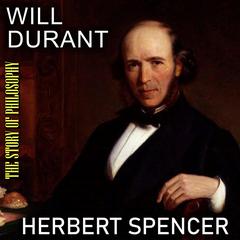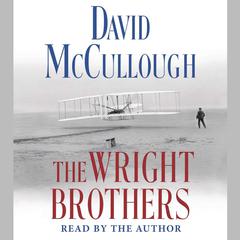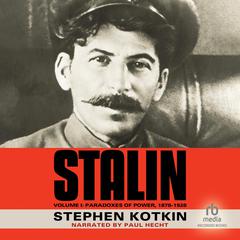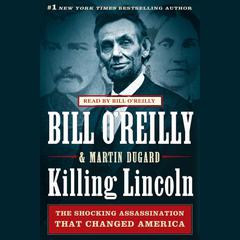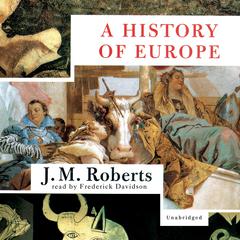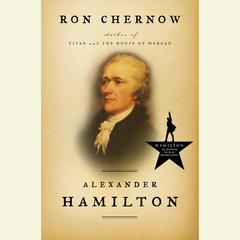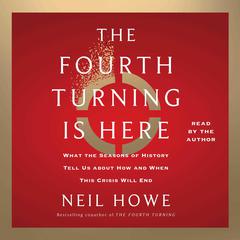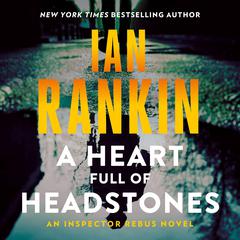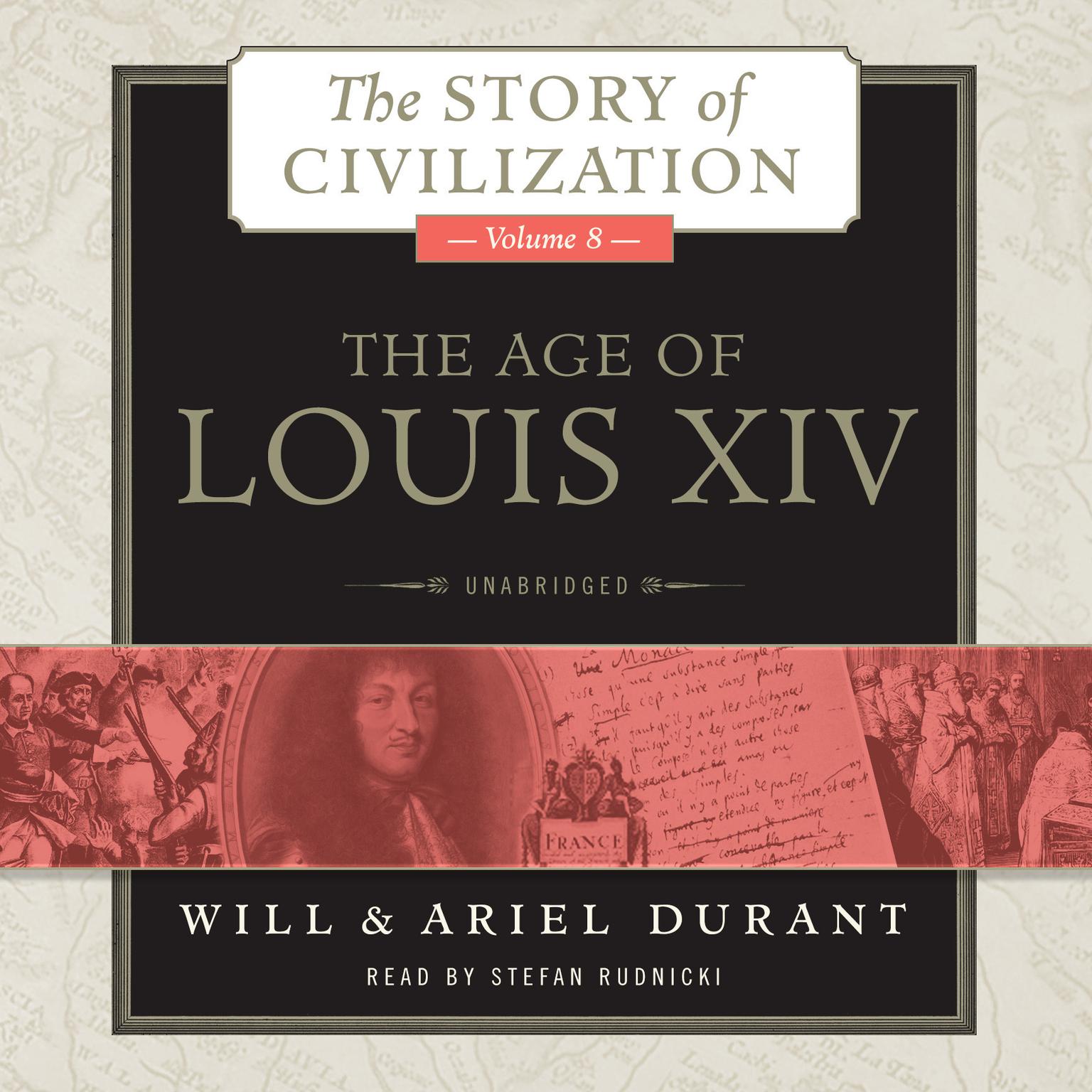 Play Audiobook Sample
Play Audiobook Sample
The Age of Louis XIV: A History of European Civilization in the Period of Pascal, Molière, Cromwell, Milton, Peter the Great, Newton, and Spinoza, 1648–1715 Audiobook
 Play Audiobook Sample
Play Audiobook Sample
Quick Stats About this Audiobook
Total Audiobook Chapters:
Longest Chapter Length:
Shortest Chapter Length:
Average Chapter Length:
Audiobooks by this Author:
Publisher Description
The Age of Louis XIV is the biography of a period (1648–1715) that Spengler considered the apex of modern European civilization. "Some centuries hence," Frederick the Great correctly predicted to Voltaire, "they will translate the good authors of the age of Pericles and Augustus." Those authors are lovingly treated here: Pascal, Racine, and Boileau, Madame de S├®vign├®, Madame de la Fayette, and above all the philosopher-dramatist Moli├¿re, who so memorably exposed the vices and hypocrisies of the age.
Central to the book is the "Sun King" himself, Louis XIV. Louis XIV ruled France for over seventy years, longer than almost any European ruler in history. He is the subject of a character study that runs through seven chapters, revealing the flesh and blood beneath the purple and the crown. He is seen at his worst in his struggle with Jansenists and Huguenots, at his best in his patronage of literature and art, and at his most human in his love affairs with Henrietta Anne of Orl├®ans, Louise de La Valli├¿re, Madame de Montespan, and Madame de Maintenon.
From France the narrative passes to the Netherlands, and after pausing to examine the domestic idylls of Vermeer, shows the Dutch opening their dikes to save their land from Louis XIV and sending William of Orange to become king of England and a leader of the European alliance against Louis' hegemony.
In England we contemplate the heyday of virtue under the Puritans and study the strange character of Cromwell. We see Milton's passionate career as part of the vain effort to prevent the Stuart Restoration. We find Charles II, the "Merry Monarch," with more manners than morals, attend boisterous Restoration plays; we skim the diaries of Evelyn and Pepys; and we follow Jonathan Swift from genius to insanity.
Crossing the North Sea we trace the tragic heroism of Charles XII of Sweden and the attempt of Peter the Great to lead Russia from barbarism to civilization. We accompany the noble Sobieski of Poland as he rescues Vienna from the Turks. We visit Italy and Spain. We see the Jews proscribed and impoverished in Europe but rising to riches in Amsterdam and following Sabbatai Zevi in a desperate hope of regaining Palestine and freedom.
All this forms the background for the "intellectual adventure" of the European mind in its passage from superstition, mythology, and intolerance to education, science, and philosophy, for this was the age when Newton and Leibniz gave simultaneous birth to calculus, when Newton bound the planets and the stars with a chain of universal gravitation. Toward the end of the volume the authors revert to their favorite subject, philosophy, and devote a full chapter, with love and care, to Spinoza.
The book ends with the sunset of Le Roi Soleil: Louis punished for his aggressions by a swarm of enemies gathering around him; fighting till his people are destitute and disillusioned, till his treasury and his heart are empty; dying defeated and repentant, begging his grandson and successor not to imitate his taste for splendor and war; and followed in his funeral by the insults of the crowd.
Download and start listening now!
“[This work] is informed and highly readable; it is studded with vignettes of the leading figures; it is replete with facts spread widely over the many aspects of human endeavor; it is eloquently partisan for the dignity of man and the decencies of life.”
— Saturday Review
Quotes
-
“Very pleasant reading…Will and Ariel Durant reveal, with laudable objectivity, the lights and shadows of a great age in a highly readable book that is crystal clear.”
— André Maurois, New York Times bestselling author of Climates -
“The chapters are cineramas of information, replete with research. The Durants are always erudite.”
— Kirkus Reviews
The Age of Louis XIV Listener Reviews
- — Timothy Mott Sr, 4/29/2020
About the Authors
Will Durant (1885–1981) was an award-winning American writer, historian, and philosopher. He and his wife were awarded the Pulitzer Prize for General Nonfiction in 1968 for Rousseau and Revolution, and he was a recipient of the Presidential Medal of Freedom. Durant spent over forty years writing the critically acclaimed eleven-volume Story of Civilization, the later volumes with the help of his wife, Ariel. He sought to revitalize history by unifying and humanizing the great body of historical knowledge, which had become voluminous and fragmented into esoteric subcategories. He also strove to bring philosophy to the common man. Durant was a champion of human rights, social reform, and the brotherhood of man long before they became well-known issues.
Ariel Durant (1898–1981) was a Russian-born American researcher and writer and the coauthor of the eleven-volume Story of Civilization with her husband Will Durant. Ariel and Will Durant were jointly awarded the Pulitzer Prize for General Nonfiction in 1968 and the Presidential Medal of Freedom in 1977. Ariel was named the 1977 Woman of the Year by the city of Los Angeles.
About Stefan Rudnicki
Stefan Rudnicki first became involved with audiobooks in 1994. Now a Grammy-winning audiobook producer, he has worked on more than five thousand audiobooks as a narrator, writer, producer, or director. He has narrated more than nine hundred audiobooks. A recipient of multiple AudioFile Earphones Awards, he was presented the coveted Audie Award for solo narration in 2005, 2007, and 2014, and was named one of AudioFile’s Golden Voices in 2012.




